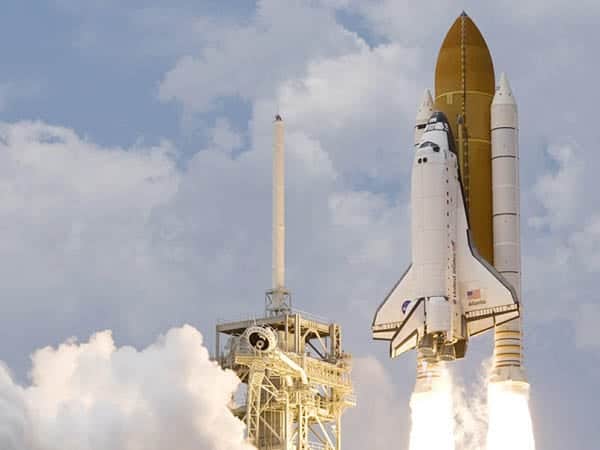
What is Elon Musk’s Satellite Plan?
Elon Musk’s Satellite Plan
Elon Musk’s satellite plan is one of the most ambitious space exploration plans in recent memory. His proposal calls for the construction of a huge fleet of satellites that would be used to provide global internet coverage.
The idea may sound crazy at first, but if executed correctly, this plan could revolutionize how we access information and help us explore parts of the world that are currently inaccessible. Not only will this system provide much-needed connectivity to remote regions, but it could also facilitate more research and exploration into space.
While there is still a lot of work that needs to be done before this plan can become a reality, Musk’s willingness to explore new territory is something we should all applaud. If he can implement this plan successfully, it could lead to some truly groundbreaking achievements in space exploration.
How will the Satellite Plan Affect Space Exploration?
Space exploration has been a driving force for human innovation and progress for centuries. There are few things in this world that can inspire as much awe and wonder as the view of Earth from above, let alone the vast depths of space. However, there is one obstacle keeping us from exploring further into space – our reliance on Earth-based satellites.
Elon Musk’s Satellite Plan: What It Means For Space Exploration
Elon Musk’s plan to send tens of thousands of satellites into orbit to create a Global Navigation Satellite System (GNSS) could revolutionize space exploration by providing us with accurate pinpointing capabilities for everything from shipping to mapping. This system would be significantly more accurate than our current satellite navigation systems, which are largely limited to providing guidance for short-distance flights.
This new system would also help us better understand our planet and its surroundings. By collecting data from these orbiting satellites, we’d be able to develop an understanding of climate change, sustainable farming practices, and much more. In short, this plan could have a far-reaching impact on both our everyday lives and our quest for knowledge about space beyond Earth.
What Are the Benefits of the Satellite Plan?
The benefits of Elon Musk’s proposed satellite plan for space exploration are huge. Not only would this be a groundbreaking development in space exploration, but it would also allow for more affordable and faster space travel.
Musk’s plan would provide means for transporting large payloads to and from orbit at much lower costs than traditional methods such as rockets. This would enable humanity to explore farther and more frequently than ever before, opening up new possibilities for research and discovery in fields like agriculture, climate change, and physics.
Additionally, the technology required for implementing Musk’s plan is already existent. Therefore, there is no need to create new infrastructure or develop new technologies – things that could take many years if done correctly.
Overall, the satellite plan offers enormous potential both in terms of our understanding of space and human achievement. It is definitely something we should keep an eye on – especially given Musk’s track record of innovation!
What Are the Risks of the Satellite Plan?
Space exploration is a key priority for Elon Musk, the founder of Tesla and SpaceX. He has been outspoken about his desire to send people to Mars, and he has presented a variety of ambitious plans for doing so. One of these plans is to launch thousands of satellites into space in order to provide internet access to underserved areas of the world. However, there are a number of risks associated with this plan.
The first risk is that the satellites will not work as intended. Musk has said that they will be designed to be inexpensive and durable, but if they are not built adequately they could end up being very expensive failures. Additionally, if the satellites arelaunched into an accident-prone environment, they could be damaged or destroyed.
The second risk is that the satellites will not be able to reach their intended destinations. Many parts of the world are far from Earth’s orbit, and even those who are located within range may not have access to the internet because of interference or other issues. If this happens, it will be difficult or impossible for the satellites to provide assistance in achieving Musk’s goal of expanding access to education and healthcare in regions that need it most.
The final risk is that even if all goes according to plan, the satellites will not provide enough benefit for people living in underserved areas. Due to limited resources and terrain restrictions, many people living in rural areas do not have easy access to broadband service or other technologies that would make online access more convenient
Conclusion
Elon Musk’s recent announcement that he plans to send a million people to Mars by the end of the century has generated a lot of discussion. Some are excited by the prospect, while others are concerned about how this might impact space exploration in general. In this article, we will explore what Musk’s plan means for space exploration and offer our perspective on whether or not it is feasible. While we do not have all of the answers, we hope that our analysis provides readers with enough information to make an informed decision about whether or not they support Musk’s vision.


